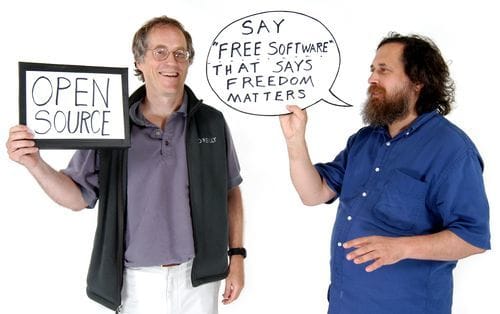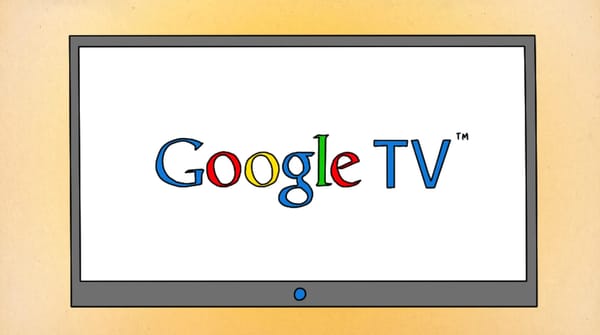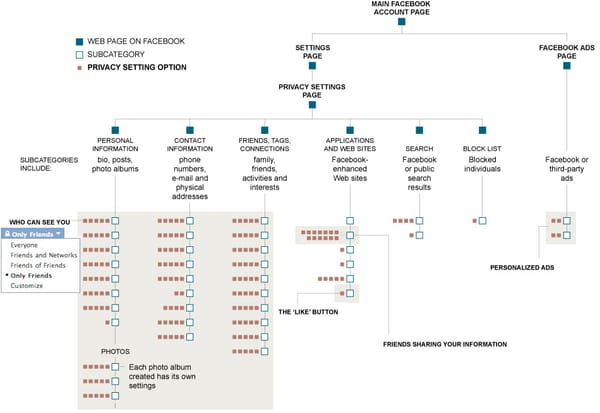The Open Source Problem
Feroz Salam looks at why the open source mantra is so confused

If you’re unfamiliar with the concept of open source software, you’re definitely not alone. In a market full of expensive consumer electronics that are locked down and bound to carriers and application stores, the concept of releasing the code to software that has taken you hundreds of hours to create may seem unintuitive, even silly. Yet despite the unorthodox business model that it engenders, open source software is surprisingly successful. A Linux server is probably behind a majority of websites you browse daily, whilst open-source Android powered smartphones have recently begun outselling the iPhone in the US. Yet despite a few notable exceptions, the concepts behind open source are opaque to the average consumer, which is in my opinion, to the detriment of the entire movement.
One reason for this situation could be the fact that the concepts and ideology that define free/open source software have been made ridiculously complicated by those creating the software. It’s hard to get an ideological movement going if no one within the movement can agree what the ideology truly is. An interesting example of this situation is the case of Linus Torvalds and Richard Stallman, two very important people in the world of open source. Between them, they have helped in the creation of some of the most widely used software tools in the world. Yet their philosophies on the way code should be released differ greatly. Stallman is the leading figure in the Free Software Movement, an organisation that works towards software that can be freely distributed, modified and used without restrictions. The Free Software Movement could fairly accurately be described as the radical far-left of the software industry. Stallman, in a testament to this culture, will only use a single Chinese netbook that solely runs free and open source software and nothing else. In contrast, the general open source movement (that the Free Software Movement attempts to distance itself from) isn’t as concerned with the licensing issues as they are with spreading the concept of open source, even if that means having to work with closed-source companies in a trade-off. Those behind the Linux kernel recently accepted a code contribution from Microsoft, with Linus Torvalds (the father of Linux) saying: “I really find the whole notion of Linux as being “against Microsoft” to be silly and wrong-headed”. With there being no agreement within the movement, it’s hard to attract investment from businesses, who worry that the frequent and drastic licensing changes that have typified the last few years of open source software design, might work against them in the long term.
One of the greatest things about open source software is choice. There’s a huge amount of software out there, and some of it is great. Yet the community behind open source software can sometimes be intimidating to say the least. From Stallman with his frankly ridiculous Free Software Song to the endless bickering about software choices on internet forums, getting advice on software that is impartial and unclouded by dogma is hard. Advertising campaigns seem only to attack other closed source software without really educating people about benefits of open source. The end effect is a confusing jumble of contradictory ideas all being shouted at loud volumes - an effect that is frankly annoying and off-putting.
Yet despite these problems, open source software has grown remarkably over the last decade. Linux has been at the forefront of this growth, with its dominance of the server market, running the majority of the world’s supercomputers, and even the surprising rise of Google’s Android mobile operating system. In some ways, the approach taken by Linux has been the most pragmatic, accepting help from those who offer it regardless of differing ideologies and with a surprising resistance to dogma. Its success shows that open source can succeed. Yet as long as the continual disputes over ideology and licensing continue, it’s probable that businesses won’t see open source as a serious and viable option to replace their current software packages. In the end, consumers will simply chose big named closed-source alternatives that don’t come with the baggage of ideologies that they feel they have no personal investment in or simply don’t understand.









